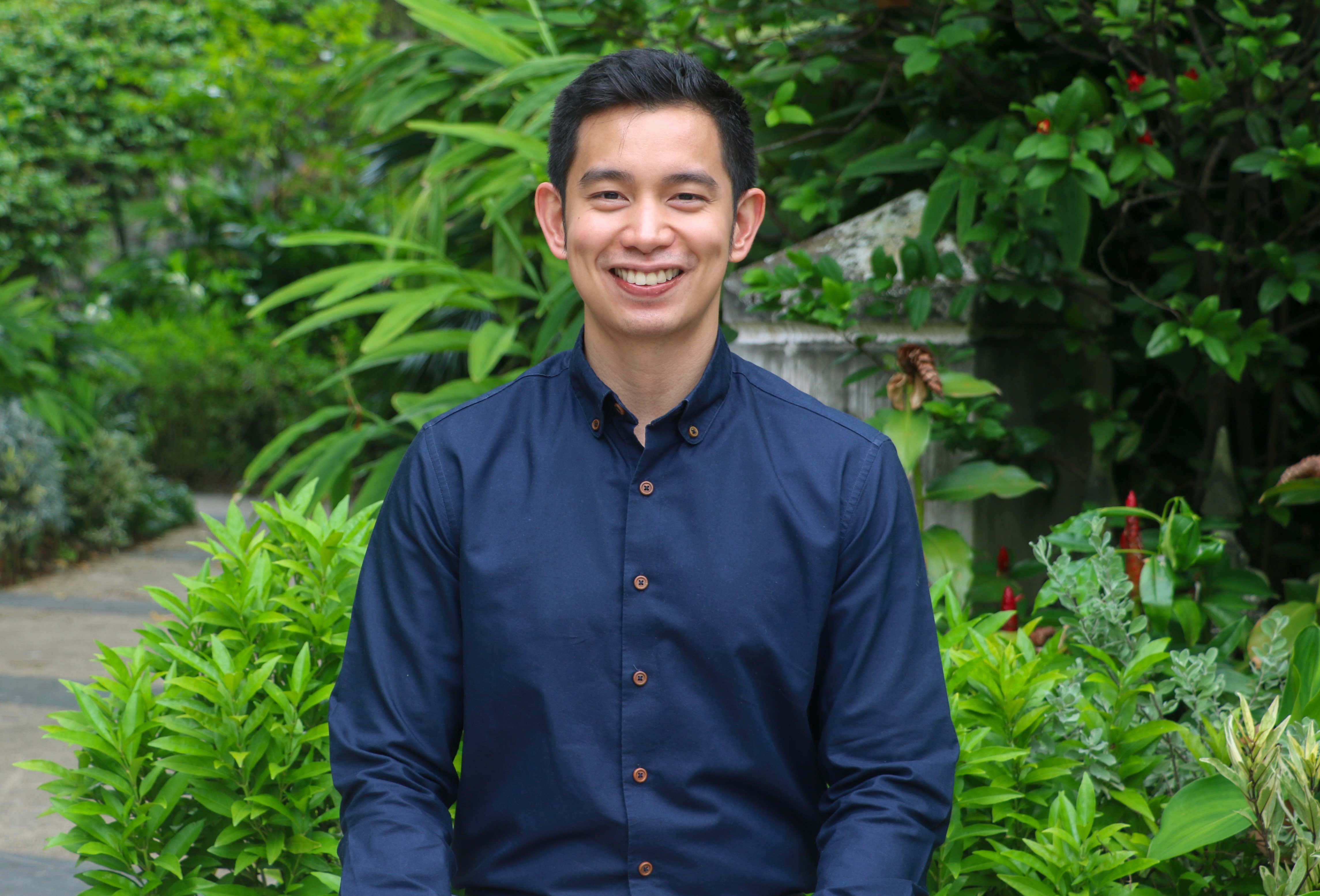
By Alistair Jones
SMU Office of Research – Conquest, subjugation and plunder are words that spring to mind when we consider colonisation. George Orwell, who spent time during the 1920s as a policeman for the British occupiers in what was then Burma, described colonisation as a racist system of “despotism with theft as its final object”.
Dean Dulay, Assistant Professor of Political Science at Singapore Management University (SMU), notes in a new paper that nations worldwide have toppled their colonial edifices, attempting to distance themselves from the past. Yet strangely, other countries appreciate their former colonisers, the symbols of which still stand proudly in state capitals.
In Singapore, there are two statues commemorating Stamford Raffles, the founder of the port city as a British colony. The centre of the financial district bears his name, as does a renowned luxury hotel.
In the Philippines, where the Spanish ruled for more than 300 years, it is a different story. An enduring national hero is Lapu-Lapu, a tribal chief who led the defeat of Ferdinand Magellan's forces in a 1521 battle in which the explorer was killed. Political activist José Rizal, whose writings inspired revolution and ultimately led to his execution by the Spanish in 1896, is still honoured with a national holiday.
The US acquired the Philippines from Spain in 1898 and ruled it for 48 years. Today, streets are named after American leaders and US movies and TV shows are among the most popular in the country, even though the US stamped its control in a bloody war in which a million Filipinos are estimated to have died.
Professor Dulay compares the paths to independence of the Philippines, Indonesia, and Singapore – as well as their postcolonial identities – to address the question: Why do some countries appreciate, while others reject, their former colonisers?
“Whether a country appreciates or rejects the colonial past is a product of how colonisers responded to nationalist elite calls for political equality and how these responses shaped eventual independence,” Professor Dulay says.
Source of power
So, who were these nationalist elites?
“This differs to some extent from country to country,” Professor Dulay says. “But, broadly speaking, in Southeast Asia there was a privileged class of rich educated Southeast Asians whose families sometimes had political connections, and they themselves had opportunities to go abroad and study in the coloniser countries. These groups eventually agitated for political equality and ultimately independence.
“If colonisers accommodate nationalist elites into the colonial regime, then it is more likely that independence is achieved through transition, with colonial elites handing nationalist elites the formerly colonial institutions.”
This was eventually the case with the US in the Philippines, and it certainly made sense for the newly empowered elite to maintain and legitimise the American colonial institutions because these formerly colonial institutions were now the source of their postcolonial (Filipino) elite power.
“[But] when colonisers engage in elite marginalisation, they tie nationalist elites' hands in a sense, forcing them to take independence via force. The postcolonial elites who win power through revolution legitimise themselves through anti-colonial symbolism and institutions,” Professor Dulay says.
This applies to Indonesia where the local elite, with Sukarno at the forefront, had to eject the Dutch in armed conflict when they attempted to resume control after World War II. The postcolonial state adopted a frame of solid rejection towards the Dutch and their language, and this became part of Indonesia's national narrative, with Sukarno as the first president. He is honoured to this day as Indonesia’s founding father.
Remembering the past
In positive postcolonial narratives, there is a degree of nuance in how colonial life is recalled.
“There's nuance in two ways,” Professor Dulay says. “First, the extent of colonial abuse is not deterministic of the ultimate frame taken by postcolonial elites. In the Philippine case, the US was in many ways more violent and abusive than Spain, but we remember US colonialism much more positively.
“This [supports] the insight that how we remember the past is not the same as what actually happened. Our national narratives about colonialism are indeed narratives and not just history. The second point is that when postcolonial leaders talk about the past they engage in rhetoric that frames colonialism as an overall good. There are colonial abuses that cannot be denied but the argument is that colonialism was a net positive.”
A common thread in the three independence stories is access to education. As more of the nationalist elites were allowed to gain an education, dissatisfaction with colonial rulers increased and headed for tipping points. It begs the question: was education the enemy of colonialism?
“It's an interesting paradox,” says Professor Dulay. “On some level, yes, it was the enemy of colonialism in the sense that it served as a sort of breeding ground for the eventual nationalist elites who would challenge colonial rule.
“On the other hand, it was necessary to educate the population enough for the necessities of local administration. A more educated population also meant more human capital and a richer economy, which was good for the colonisers as well. It was very much a double-edged sword.”
National narratives
Professor Dulay believes the nature of postcolonial identity and its logic has been under-represented in research literature.
“I think this is for a few reasons,” he says. “The first is that there is a strong focus on nationalist revolutions and anti-colonialism, and much less emphasis on pro-colonialism, even though in several cases the postcolonial regime followed directly and continuously from the colonial one.
“The second reason is because these kinds of constructivist arguments are not very common in contemporary political science as these arguments are very hard to test empirically (with quantitative data). Still, I think it's important to answer this question.”
Professor Dulay will be extending his research into other facets of the colonial experience.
“I am currently working on a project that tries to explain how founding nationalisms explain positive and negative perceptions versus former colonisers in the present,” he says.
“I am also interested in the idea of status nationalism: citizens of some nations see themselves as superior to others while citizens in other nations see themselves as inferior, and this has, I believe, important implications for both domestic and international politics.
“In general, I have been interested in how national narratives affect both our domestic and international politics, and I hope to pursue more work in this area in the coming years.”
Back to Research@SMU November 2023 Issue
See More News
Want to see more of SMU Research?
Sign up for Research@SMU e-newslettter to know more about our research and research-related events!
If you would like to remove yourself from all our mailing list, please visit https://eservices.smu.edu.sg/internet/DNC/Default.aspx

